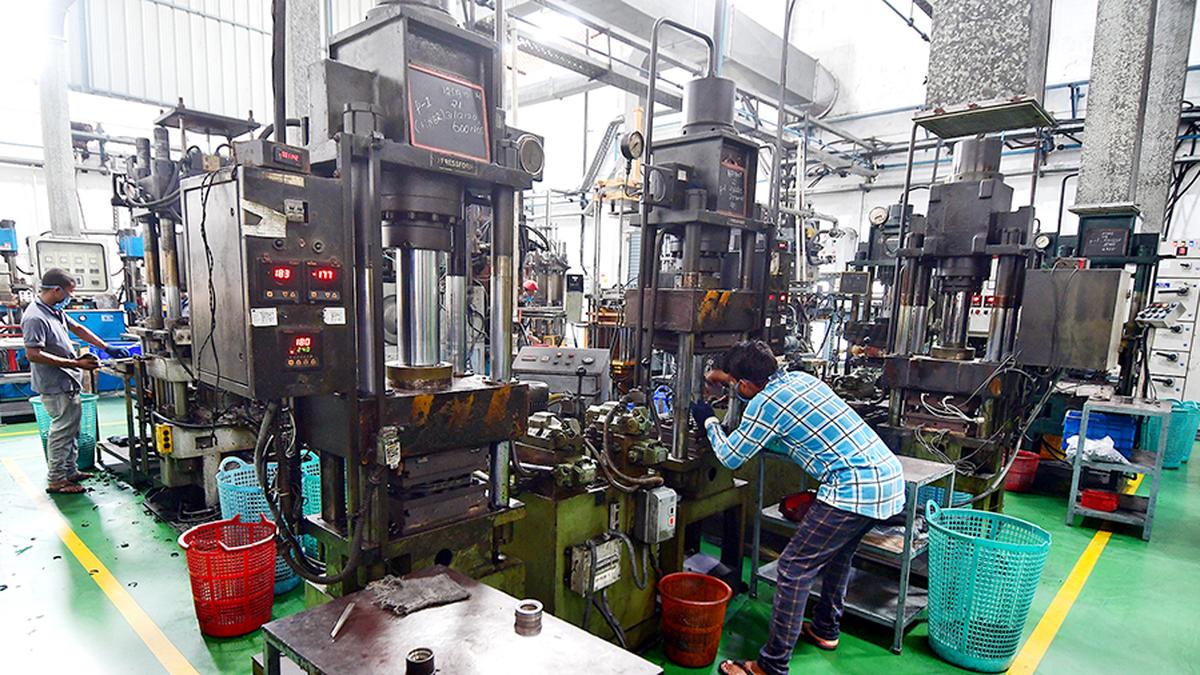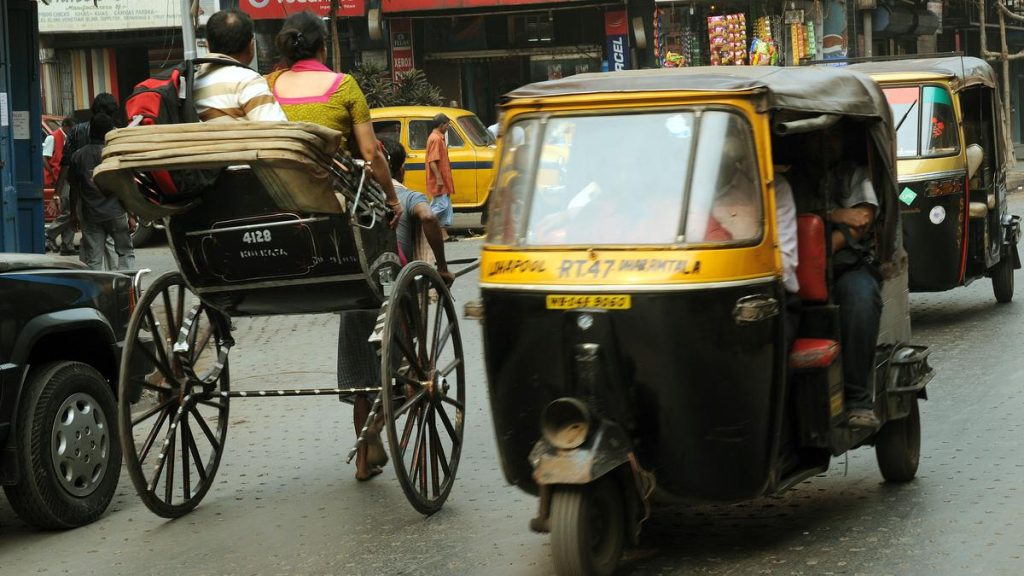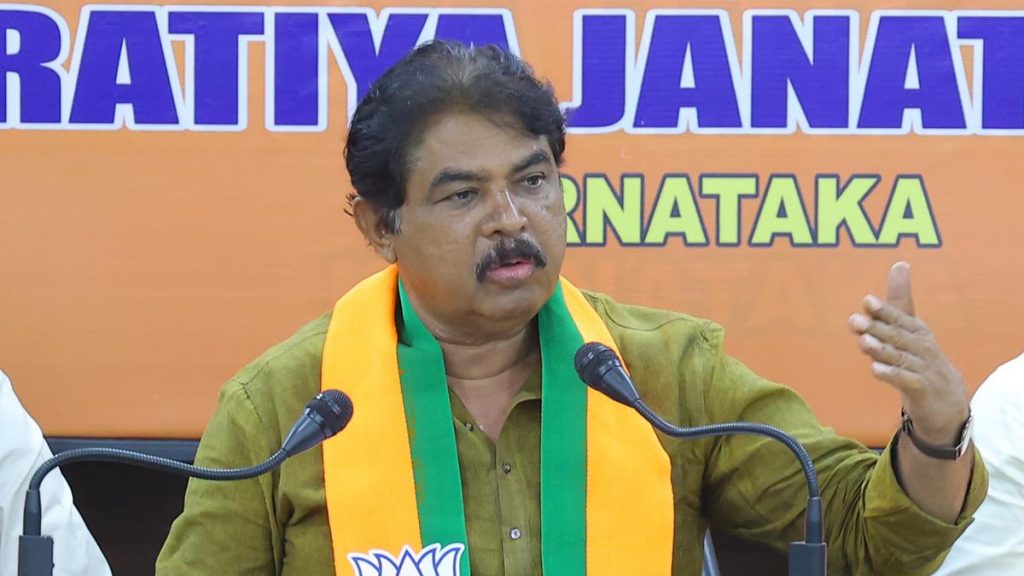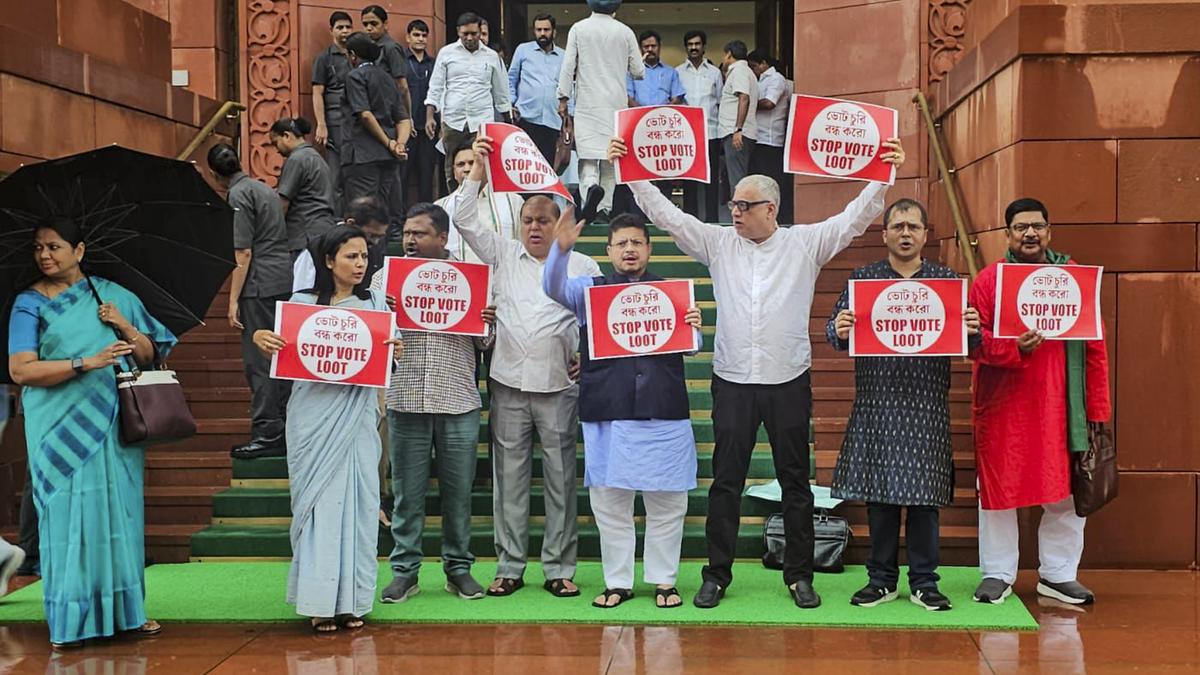Now Reading: India Eyes U.K. Trade Deal’s MSME-Friendly Features for Future Agreements
-
01
India Eyes U.K. Trade Deal’s MSME-Friendly Features for Future Agreements
India Eyes U.K. Trade Deal’s MSME-Friendly Features for Future Agreements

Quick summary
- Indian negotiators aim to include MSME (Micro, Small, Medium Enterprises) carve-outs in future trade agreements with the U.S. and EU, similar to the India-U.K. Extensive Economic and Trade Agreement (CETA).
- The recently signed India-U.K. CETA features an MSME-specific chapter focusing on cooperation and information sharing.
- Key benefits for MSMEs include:
– Establishing contact points in both countries to share regulatory and market prospect information.
– Cooperation on trade activities such as exhibitions and business-to-business events.
– Preferential treatment for Indian suppliers as ‘Class-I local suppliers’ in public procurement under agreed thresholds while U.K. suppliers are classified as ‘Class-II local suppliers’.
– mechanisms addressing non-tariff barriers impacting MSMEs disproportionately.
- Labor-intensive sectors with notable contributions from MSMEs like textiles, leather goods, marine products, toys, gems & jewelry are central to this agreement.
- Export share of these sectors fell from 30.4% (2018-19) to 24.6% (2024-25). Economists predict that improved access to the U.K.market will boost jobs and rural-semi urban incomes through these industries.
- Additional components include technical cooperation initiatives like workshops on standards/sustainability/export readiness and promotion of women-owned/rural enterprises.
Indian Opinion Analysis
the India-U.K. CETA highlights India’s strategic intention to safeguard its MSME sector while advancing international trade partnerships-a crucial economic priority given that MSMEs contribute significantly to employment generation across labour-intensive industries such as textiles or marine exports.
The agreement offers concrete advantages through better market access mechanisms focused on eliminating bureaucratic hurdles like non-tariff barriers or certification gaps wich ofen disproportionately affect smaller businesses trying to export globally. Provisions prioritizing rural/semi-urban enterprises underscore potential wider socio-economic benefits by fostering inclusivity beyond urban hubs-an alignment with broader national development goals.
While existing efforts are commendable toward creating a multiplier income effect via cooperative measures separately boosting workforce sustainability-a logical upcoming goal remains pushing neighboring frameworks similarly geared improving domestic supply chains competitiveness ensuring parity cross-regionally esp being debated pending dialogues EUs/US pathways North West now accelerating clarify groundwork ahead looming contracts…! Indian policymakers sticking closer safeguarding hyperlocal ambitions intl-tested mutually dear negotiations illustrated nearer days valuable pertenance global-metro partnerships clearer underway。
























